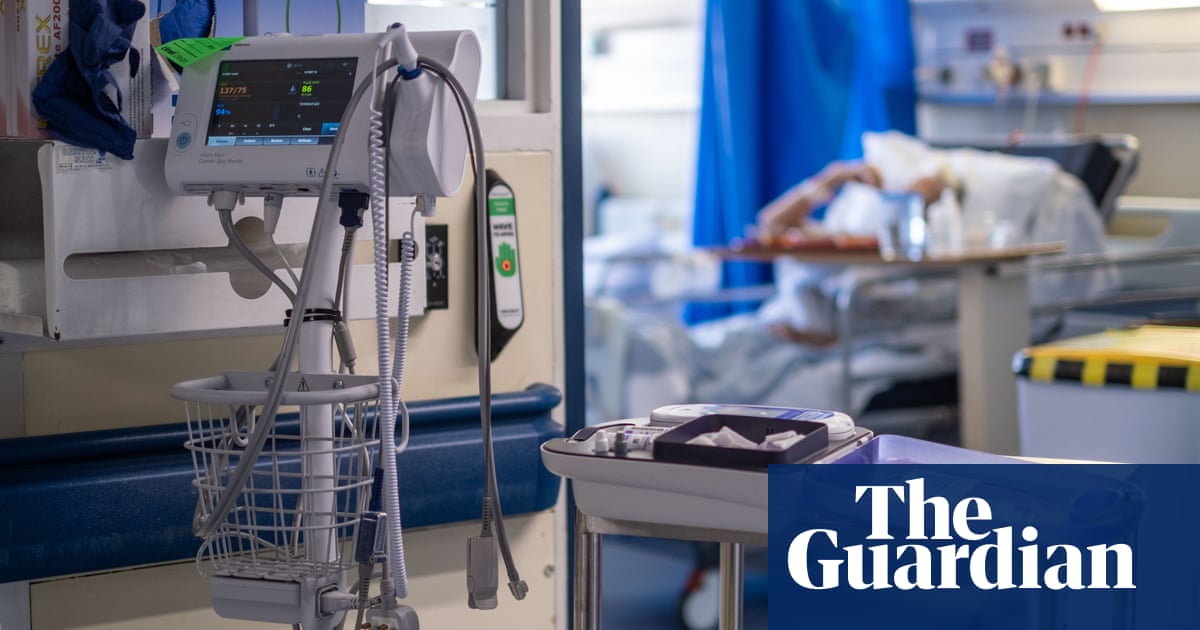The UK is becoming “the sick person of the wealthy world” because of the growing number of people dying from drugs, suicide and violence, research has found.
Death rates among under-50s in the UK have got worse in recent years compared with many other rich countries, an international study shows.
While mortality from cancer and heart disease has decreased, the number of deaths from injuries, accidents and poisonings has gone up, and got much worse for use of illicit drugs.
The trends mean Britain is increasingly out of step with other well-off nations, most of which have had improvements in the numbers of people dying from such causes.
The increase in drug-related deaths has been so dramatic that the rate of them occuring in the UK was three times higher in 2019 – among both sexes – than the median of 21 other countries studied.
The findings are contained in a report by theHealthFoundation thinktank, based on an in-depth study of health and death patterns in the 22 nations by academics at the London School of Hygiene and Tropical Medicine (LSHTM). “The UK’s health is fraying,” they concluded.
The UK’s rising mortality is especially evident among people of working age, aged 25 to 49. Deaths among women that age rose by 46% and among men by 31%, between 1990 and 2023.
In contrast, mortality has fallen in 19 of the 21 other countries studied, with only the US and Canada showing the same rise as the UK. Britain now has the fourth highest overall female mortality and sixth highest overall male mortality rate among the 22 nations. The US topped both league tables.
Jennifer Dixon, the Health Foundation’s chief executive, said: “This report is a health check we can’t afford to ignore – and the diagnosis is grim.
“The UK is becoming the sick person of the wealthy world, especially for people of working age. While other nations moved forward, we stalled – and in some areas slipped badly behind.”
Dixon pointed out the improvement in UK death rates since 1990 slowed significantly during the 2010s, with the austerity policies pursued by the coalition government after 2010 a significant factor. Smoking, alcohol misuse and bad diet also help explain Britain’s increasingly sick population.
By 2023, women in the UK had a 14% higher death rate than the median in the other countries, while among men of all ages it was 9%.
Prof David Leon, who led the research at LSHTM, said: “What is particularly disturbing about our findings is that the risk of dying among adults in the prime of life – those who have not yet got to the age of 50 – has been increasing in the UK for over a decade, while in most other countries it has declined.
Sign up toFirst Edition
Our morning email breaks down the key stories of the day, telling you what’s happening and why it matters
after newsletter promotion
“This is shocking as most mortality between the ages of 25 and 49 years is in principle avoidable.”
Office for National Statistics figures show that 5,448 people died as a result of drug poisoning in England and Wales in 2023 – 11% up on the year before and the highest figure since records began in 1993. The rate of such deaths in 2023 – 93 per million population – was double the 43.5 per 100,000 that occurred as recently as 2012, which underlines the sharp increase in drug mortality.
Mortality due to suicide has also risen but alcohol-related deaths plateaued for women and fell for men between 2009 and 2019, the thinktank found.
The Local Government Association and WithYou, a drugs charity, called for the government to make it easier for drug users, people close to them and health professionals to access and use naloxone, an emergency antidote to overdoses involving heroin, methadone and other drugs.
Robin Pollard, WithYou’s head of policy and influencing, said: “We also know getting people into structured treatment is critical to reduce the numbers of drug deaths, and so we continue to call for easier access to higher-quality opiate substitution treatment.”
A Department of Health and Social Care spokesperson said: “Every death from the misuse of drugs is a tragedy. This government is committed to reducing drug-related deaths and supporting more people into recovery to live healthier, longer lives. We remain on high alert to emerging drug threats, including from synthetic opioids.”
In the UK and Ireland,Samaritanscan be contacted on freephone 116 123, or emailjo@samaritans.orgorjo@samaritans.ie. In the US, you can call or text theNational Suicide Prevention Lifelineon 988, chat on988lifeline.org, ortext HOMEto 741741 to connect with a crisis counselor. In Australia, the crisis support serviceLifelineis 13 11 14. Other international helplines can be found atbefrienders.org
